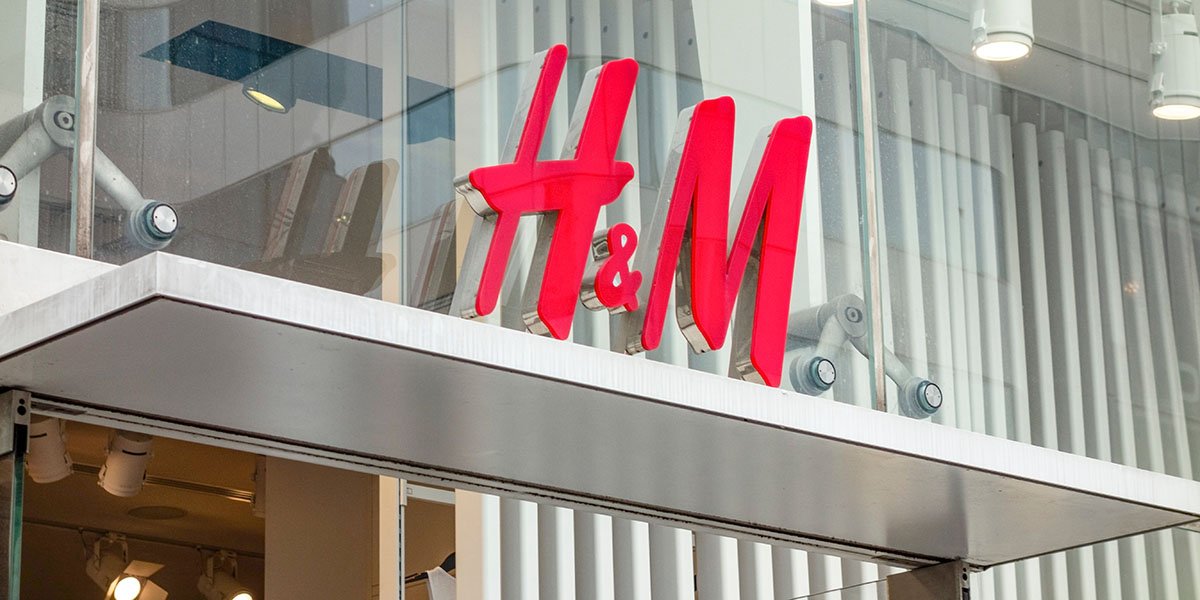H&M Introduces AI Model Clones For Social Media and Ad Content
Global fashion retailer H&M recently announced its plan to create digital "twins" of 30 models, using AI-generated likenesses for select social media posts and marketing campaigns with the assertion that the original models will retain rights over their digital replicas and must grant permission for their use.
Exploring AI in Fashion Marketing
While this concept isn’t entirely new, last year at An-yal, we introduced ‘An-yal Human+’—customizable digital twins and AI models designed to help brands enhance their marketing and creative strategies. H&M’s decision marks a bold step in digital fashion marketing, integrating AI into its advertising approach.
H&M’s Chief Creative Officer, Jörgen Andersson, emphasized the company's commitment to innovation while maintaining a focus on personal style. 'We are curious to explore how to showcase our fashion in new creative ways – and embrace the benefits of new technology – while staying true to our commitment to personal style,' he said in a statement.
Despite the promise of AI-driven efficiency, the initiative has sparked debate within the fashion industry. Critics worry it could reduce opportunities for models, photographers, stylists, and other creative professionals involved in traditional photoshoots.
The Industry's Response
American influencer Morgan Riddle expressed her concerns about job displacement, calling H&M’s approach "shameful" in an Instagram post: “RIP to all the other jobs on shoot sets that this will take away.”
Paul W. Fleming, General Secretary of UK trade union Equity, echoed similar sentiments. While acknowledging H&M’s transparency about compensation and control, he stressed the need for stronger legal protections: “Models having full control over their likeness and fair pay for its use is vital.” Equity and other creative unions have been actively campaigning for AI regulations that safeguard workers’ rights, citing instances of unauthorized use of models' likenesses by AI developers.
‘Satoshi’ an AI model created by An-yal
The Bigger Picture
H&M is not the first brand to explore AI in marketing. Fashion companies such as Hugo Boss and Levi’s have experimented with AI-generated models for product images. In 2023, Levi’s announced plans to trial AI model images as a means to “increase diversity,” though the company later clarified it would not replace live photoshoots.
AI-generated content is becoming an attractive option for brands due to its speed and cost efficiency. By simply inputting a text prompt, brands can generate high-quality images almost instantly, reducing the logistical challenges of traditional photoshoots.
The Potential Upsides for Models
While some industry professionals worry about job losses, others see AI-generated models as an opportunity. For example, model Mathilda Gvarliani noted that having an AI twin allows her to take on more work without the need for extensive travel. “She’s like me, without the jet lag,” she told Business of Fashion.
However, Fleming warns that models may still be vulnerable to unfair contracts that strip them of ownership rights and fair compensation. “This is an abhorrent violation when all of our likenesses are incredibly personal to each of us,” he told the BBC.
Finding a Balanced Approach
While AI allows for greater efficiency and creative exploration, the challenge is to ensure fair treatment of human talent while maintaining brand authenticity.
At An-yal, we’ve embraced AI-driven content creation, but we also recognize both its potential and the concerns it raises. And as AI technology continues to evolve, it’s crucial for brands to strike a balance between innovation and ethical responsibility, ensuring that AI enhances, rather than replaces, human creativity.
(Original reporting: Business of Fashion, BBC)
Based in Tokyo, An-yal is the leading independent advertising agency for lifestyle brands. Contact us to get ahead with your advertising, marketing and creative needs.



